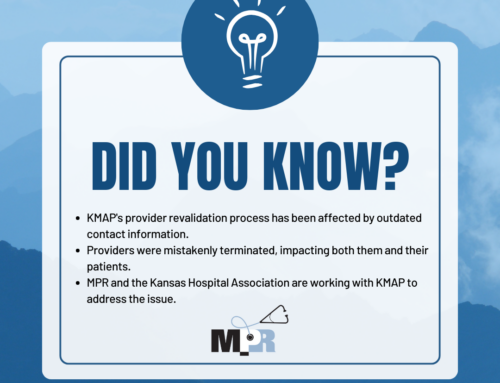
With Rising Cases of Incompetency and Criminal Behavior in the Field of Medical Providers, Criminal Background Checks Are Imperative
Like any industry, our industry of credentialing continues to evolve and progress. Many medical staff professionals can recall old methods and techniques used to verify credentials in an effort to prove current clinical competency. The depth of verification and the methods used to gather data continue to evolve, as new resources become available. Personally, I can remember when verifying education of foreign medical graduates was a tedious process with letters exchanged in different languages that required interpretation. Today, we rely on the Education Council for Foreign Medical Graduates (ECFMG) for verification of education in foreign countries.
Recently, it seems the changes in credentialing process have been in response to case law. Several cases come to mind immediately. Dr. Christopher Duntsch has become known in our industry as Dr. Death as many of his patients died when best credentialing practices were not followed. Dr. William Husel was charged with 25 counts of murder related to fentanyl overdoses in Ohio in June 2019. Cases such as these create doubt about patient safety. Our job as medical staff professionals is to protect the patient against incompetent or criminally inclined physicians and other non-physician providers.
Due to the notoriety of recent cases involving incompetency and criminal behavior on the part of providers, it is clear that organizations will be evaluating and often times deepening their processes to assure they are comprehensive and effective in order to protect patients, mitigate their financial risks as well as the risk of a damaged reputation. One way/method to do this is through the addition of a criminal background check in our credentialing processes/procedures. Moreover, as is usually experienced in our industry, there is no consistency or standardization of this additional step.
In the 2019 Annual Report on Medical Staff Credentialing conducted by Verity, a HealthStream company, 80.6% of the 591 respondents to the annual survey indicated centralization and enterprise/industry standardization were extremely or very important. 90.2% of 317 respondents perform background checks on new applicants to the medical staff. Of these 82.5% were performed by the credentialing department/medical staff office.
A recent post of the American Health Lawyers Association (AHLA), posed a question of the depth of criminal background checks. While some facilities have adopted a criminal background check required by and limited to Federal and/or State law (often times in response to a human resources employment verification), other facilities have adopted policies of 5, 7, or 10 year depth of criminal background history upon initial appointment and reappointment of the provider. I find this to be interesting that the depth of the criminal background check at the time of reappointment often times mimics the same depth as that of initial appointment even though reappointment is typically required every 2 years.
Standardization and adoption of best practices (depth of criminal background check and what department is responsible for the criminal background checks) will be debated in the coming years. Obviously, the addition of the criminal background check is not standardized throughout facilities across the country; I believe the addition of the criminal background check will become a common practice in our industry. Whether this function is performed by human resources or embedded in the traditional credentialing and privileging processes, most criminal background check laws (Federal and State) are aimed at protecting the facility from employees with a criminal history (and were not intended to micromanage hospital’s credentialing/privileging functions as to who is best suited to practice medicine in certain facilities).



